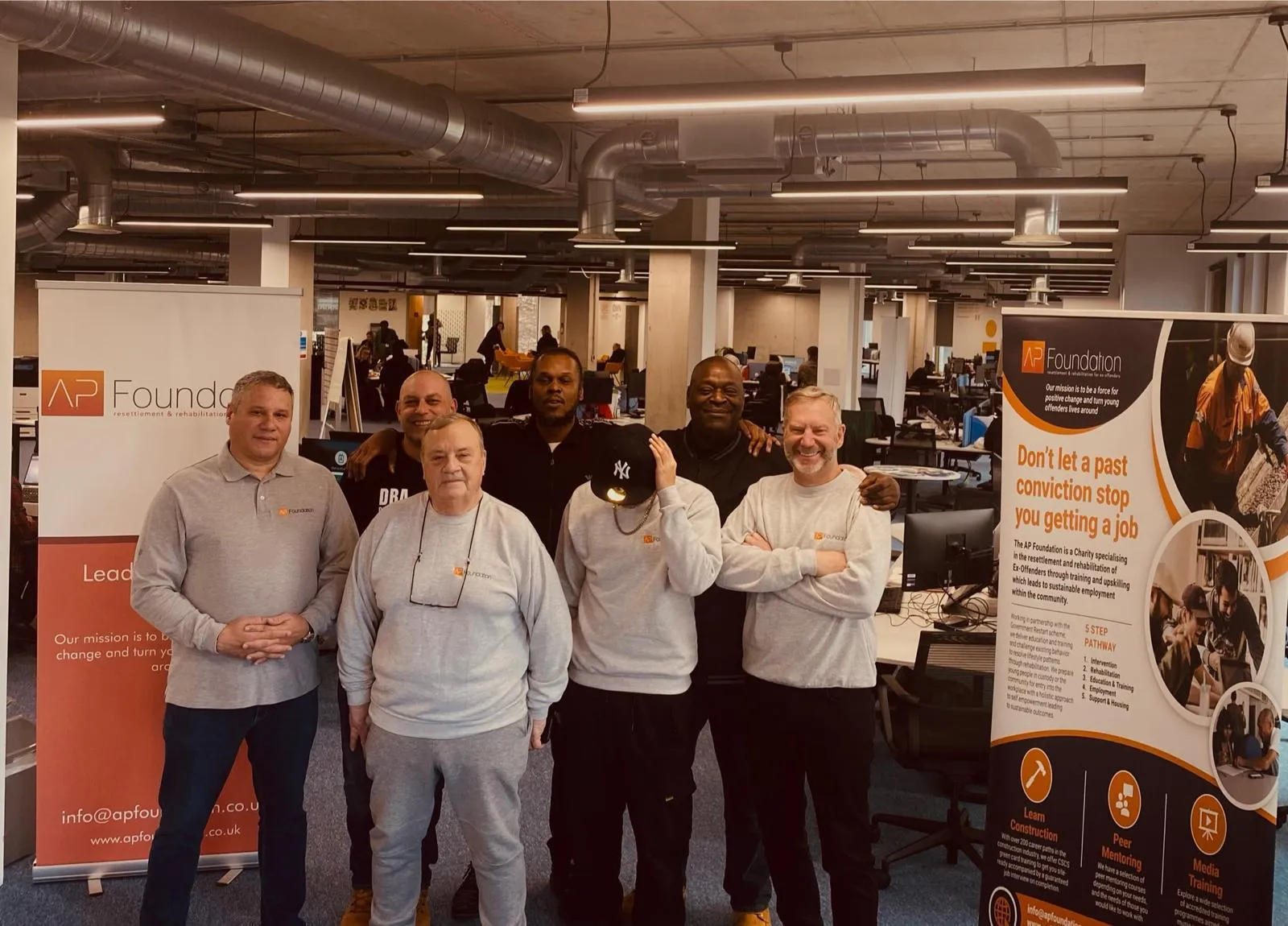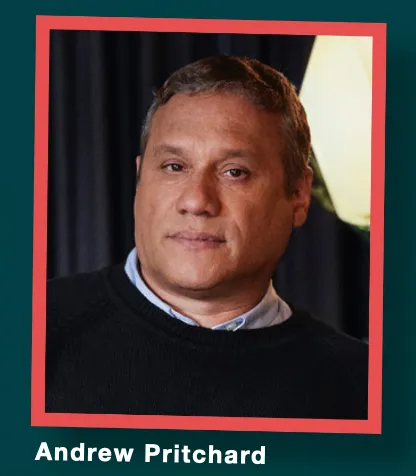
2025 has picked up where 2024 left off: worsening youth knife crime continues to plague London’s streets. Our communities are in a precarious position where if a change of approach isn’t identified, tested and trialled, then this situation will likely deteriorate for us all.
Many of the people reading this article will be on the frontlines working closely with young people and their local communities or are supporting those who do. However, it remains an uphill struggle for everyone involved. To help, the Who’s Next? Campaign coalition has just published our action plan that we hope can become a catalyst for delivering meaningful change in 2025 – leading from the frontlines during a localised pilot with a series of coordinated, community-driven solutions.
Building on existing foundations
For many years, local authorities, the Metropolitan Police, charities,
and community-oriented organisations, such as youth support services, have worked tirelessly to develop and deliver early intervention and diversion activities that have a lasting impact. Many of these projects are powered by the Mayor of London’s Violence Reduction Unit (VRU).
Published in mid-March, the Who’s Next? campaign's ‘Tackling Youth Knife Crime Together: Community Action Plan’ will build on this great work – by consolidating local support services and increasing the sustainability of community resources – while staying aligned with many of the invaluable insights found within the Youth Endowment Fund’s Toolkit.
To better understand how this could look, it was essential that communities directly impacted by such changes – impacted personally and/ or professionally – were engaged with and heard. That is why for the past six months we have reached out and listened to the views of people who see the daily devastation it causes: victims, their families, perpetrators, ex-gang members, educators, youth and social workers, police Safer Neighbourhoods Teams, integrated gang units, NHS staff, and members of the criminal justice system.
Delivery via a pilot model
Their collective insights helped us to build a Pilot Proposal comprising a series of innovative community-driven solutions – created by London’s communities for the benefit of its communities – that we propose can make a significant impact to tackling youth knife crime when actioned during a localised pilot in Hackney, at the centre of our community, over a two-year period. Delivered through a collaborative framework; powered by a cross-sector, localised network of frontline community stakeholders:
• There is a lot of incredible work being done behind the scenes to help combat youth violence and knife crime by addressing their root causes. However, by working in isolation, the potential of these essential prevention and intervention methods is restricted due to challenges with funding, resources, and coordination. Charities compete for the same, limited, funding pots, but there must be more incentives to work together, as well as guidance published on collaboration and collective goals.
We have implemented a framework that creates local networks, uniting like-minded charities and youth support service providers, to produce coordinated projects. Our coalition has come together to amplify our impact – through expanded outreach, personnel, cooperation, and communication. We have developed programmes and infrastructure on how to support one another across the same local communities, for the duration of a pilot programme.
• To create a supplementary educational programme between local youth support work charities and educators, offering a range of ‘real-world skills’ to students. This will be supplementary to the traditional academic curriculum at schools, colleges, pupil referral units, and youth offender institutions. The training will be opportunity- and awareness focused, helping students to navigate life with ‘real-world skills’, such as building financial acumen, embracing creativity and culture, cultivating key people skills, learning key legal rights (with police), and avoiding gang exploitation.
The programmes we will deliver are tailored to the audience’s age demographic, so not to inadvertently induce fear and be irrelevant to young people’s current needs. It will be led by personnel who children can relate to from their local area, who understand community dynamics and the challenges of that environment – teaching through fun, interactive role-playing scenarios from relatable, lived experiences.
• To offer professionalised training in gang grooming and county lines exploitation to more public services’ outreach personnel and parents. Our partners want to target more frontline public sector services to help them better identify youth at high risk of violence, drug exploitation, and gang grooming. Currently, there is a lack of standardised training available for GPs, nurses, social workers, police and educators across these areas.
There are many cases across London where parents have been unable to seek help once they have learned their child has entered gang life, due to a lack of recognised support channels. Parents would benefit from regular opportunities to discuss one-on-one with trained professionals the dangers associated with gang affiliation, drug dealing, and carrying weapons – as well as ways to spot if their child has joined a gang and how to get support if this happens.
• Youth centres continue to close at an alarming rate as local authorities do not have the funds to support them. But evidence shows the work they facilitate offers significant value. Research by UK Youth and Frontier Economics found that for every £1 government invests in youth work, the benefit to the taxpayer is between £3.20-£6.40. We will offer local community hubs and youth centres guidance and tools for their operations to become more self-sufficient – so they aren’t solely reliant on funding from local authorities and complex government tenders.
We will create this guidance with campaign partners who have succeeded in this area, to help increase commercial awareness. Over the first 24 months of being in operation, guidance would show how to better use features, resources, and even local youths’ entrepreneurial skills and services nurtured at the hubs – with a focus on how to maximise commercial opportunities via local partnerships, sponsorship, fundraising, and advertising – using revenues to help make services more affordable for local youth.
• There has been a progressive breakdown of trust and cooperation between local police and community members, so we aim to create collaborative, outcome-focused Community Awareness & Action Groups (CAAGs). Currently, in some boroughs, police attendance at quarterly community Ward Panel meetings isn’t unheard of. However, to help incentivise local communities to better communicate with their local police, they must see them much more often in productive contexts – sharing common goals to make their local environment a better place with collective accountability.
Meeting monthly, these online meetings would comprise a handful of nominated key community representatives, Safer Neighbourhoods’ police sergeants, and local council officials to share regular progress updates on pre-determined goals. These goals would be established and held accountable during quarterly ‘open door’ community feedback in-person sessions. After initial benchmarked metrics have been established, the CAAG would create meaningful dialogue about genuine community perceptions of police, highlight concerns (and praise) surrounding changing neighbourhood dynamics, as well as offering measured advice on where the police can better integrate with productive community events – as per the UK Government’s Safer Streets aims.
By no means is our model the entire approach needed, but we have used our diverse network’s combined vast experience and insight to outline additional measures to those already in place, that we strongly believe can drive meaningful change in 2025 – acquiring funding collectively under shared goals through partnerships with both the public and private sectors.
The devastation wrought by knife violence across our communities demands collective action – to build on and unite the existing hard work being done. Its root causes and impact will not simply fade away – and neither will we – so please join us with your support.

Andrew Pritchard, Founder and CEO of AP Foundation
www.apfoundation.org.uk
